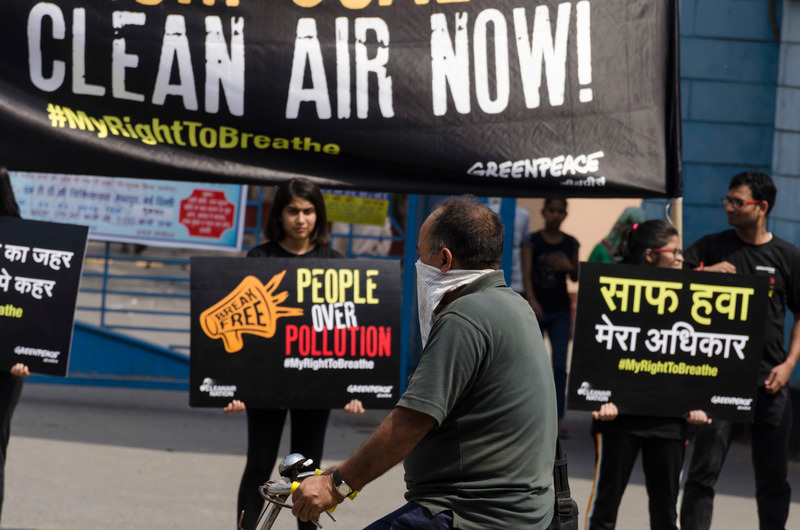
Image Source: greenpeace.org
India, one of the fastest-growing economies globally, is grappling with a critical issue - deteriorating air quality in its cities. The Union Public Service Commission (UPSC) has time and again highlighted the severity of this issue, emphasizing the need for immediate action to address the growing environmental crisis.
The Challenge of Air Pollution
Air pollution has emerged as a significant public health hazard in India. Several cities across the nation are consistently ranked among the most polluted in the world. Factors such as vehicular emissions, industrial pollution, construction activities, biomass burning, and geographical conditions contribute to this alarming scenario.
Government Initiatives and Policies
The Indian government has introduced various initiatives and policies to combat air pollution. The National Clean Air Programme (NCAP), launched in 2019, aims to reduce particulate matter (PM) levels by 20-30% by 2024. Additionally, measures like the implementation of Bharat Stage VI emission norms for vehicles, promoting electric vehicles, and encouraging renewable energy sources have been undertaken.
Challenges and Roadblocks
Despite these efforts, challenges persist. Inadequate implementation of policies, lack of proper monitoring mechanisms, and the slow pace of adoption of cleaner technologies continue to hinder progress. Moreover, the issue of stubble burning in neighboring states during certain seasons significantly contributes to the air pollution levels in northern regions.
Role of Governance and Awareness
Effective governance plays a pivotal role in addressing the issue of air pollution. Strengthening regulatory bodies, ensuring strict enforcement of environmental laws, promoting public participation, and enhancing awareness about sustainable practices are essential steps in this direction.
Conclusion
In conclusion, the journey towards achieving clean air goals in Indian cities is arduous. However, concerted efforts by the government, active participation from citizens, and innovative sustainable solutions can pave the way for a healthier and cleaner environment. The UPSC, as the apex recruitment body, acknowledges the significance of this issue and emphasizes its importance in the national discourse.